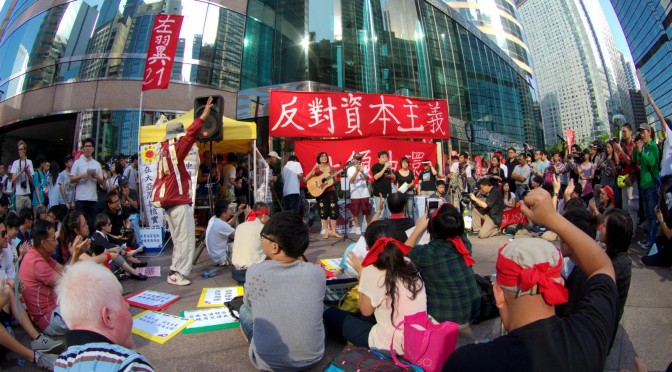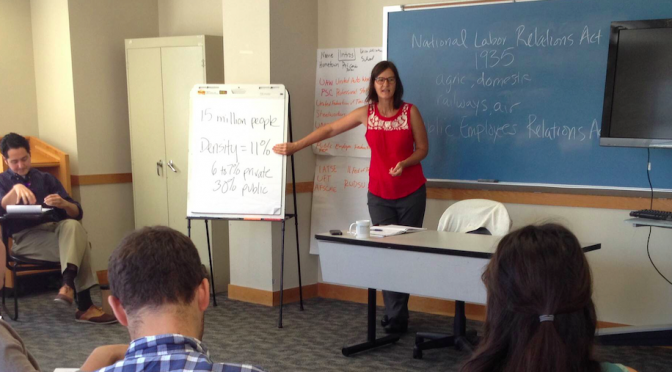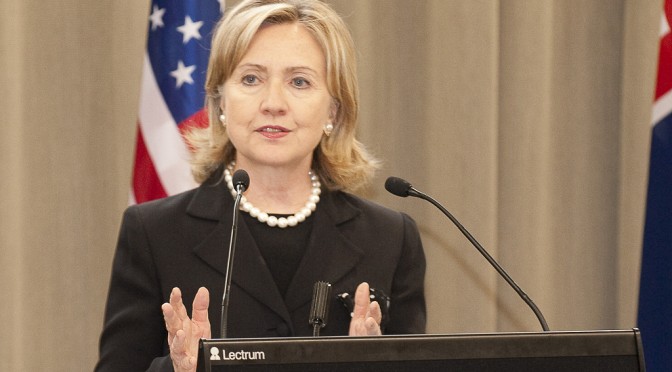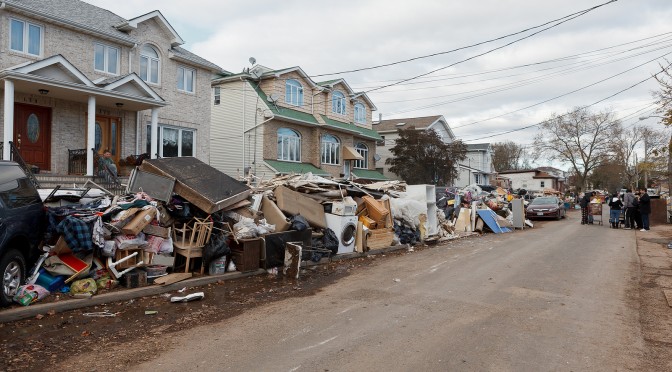Photo Credit: Leung Ching Yau Alex via Flickr
By Stanley Aronowitz
September was an eventful month for social protests.
Here at home, an estimated 400,000 marchers filled the streets of New York City to demand urgent action to stem climate change. Global warming is only the tip of the crisis: flooding, severe hurricane activity, droughts and unexpected heat waves have recently afflicted large portions of the planet. The climate march comprised a wide range of groups, including large contingents from the unions, environmental organizations and a surprising array of unaffiliated citizens.
On Monday, September 29 hundreds of members of the Professional Staff Congress, the union of faculty and staff of the City University of New York rallied for a raise on the street facing the main entrance to Baruch College, where the CUNY Board of Directors was meeting. Like other city and state workers, the union’s 23,000 members had not received a raise for four years.
The pro-democracy demonstrations in Hong Kong exemplified a more militant response. Continue reading September Protests







